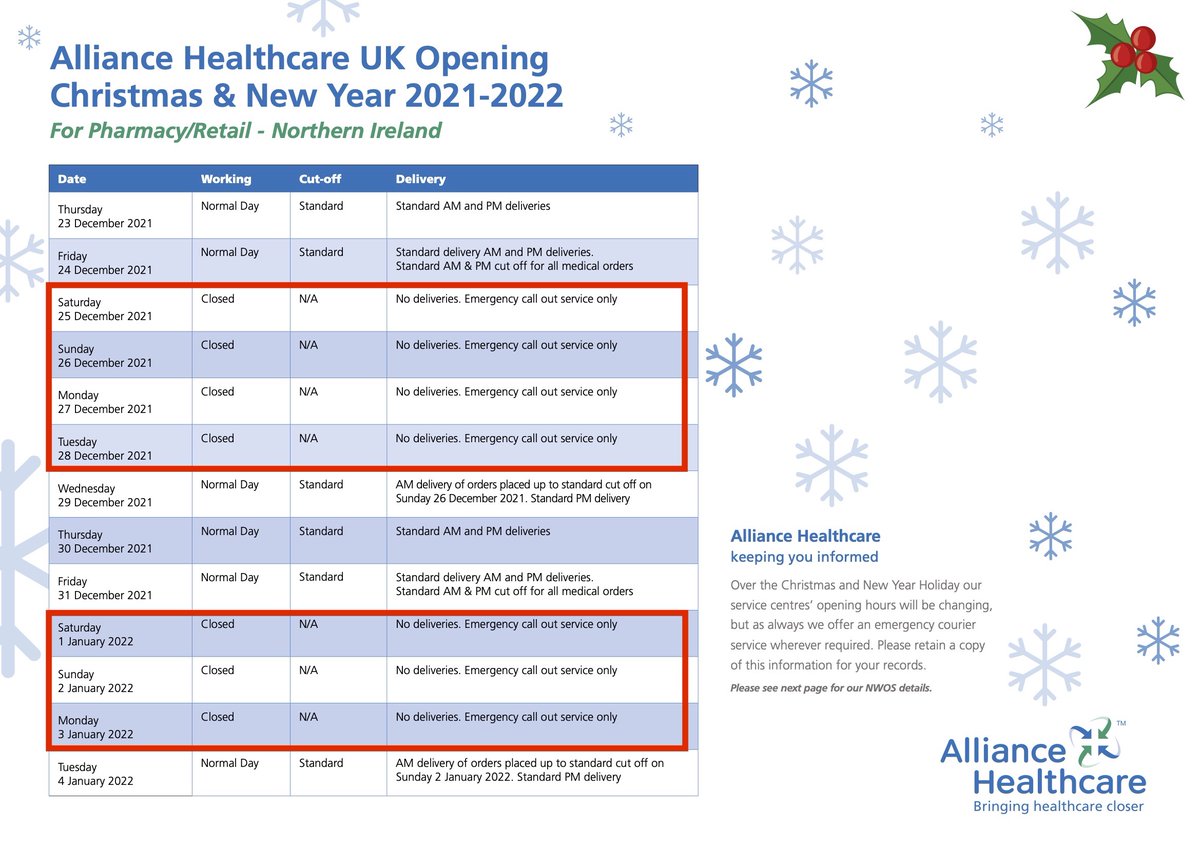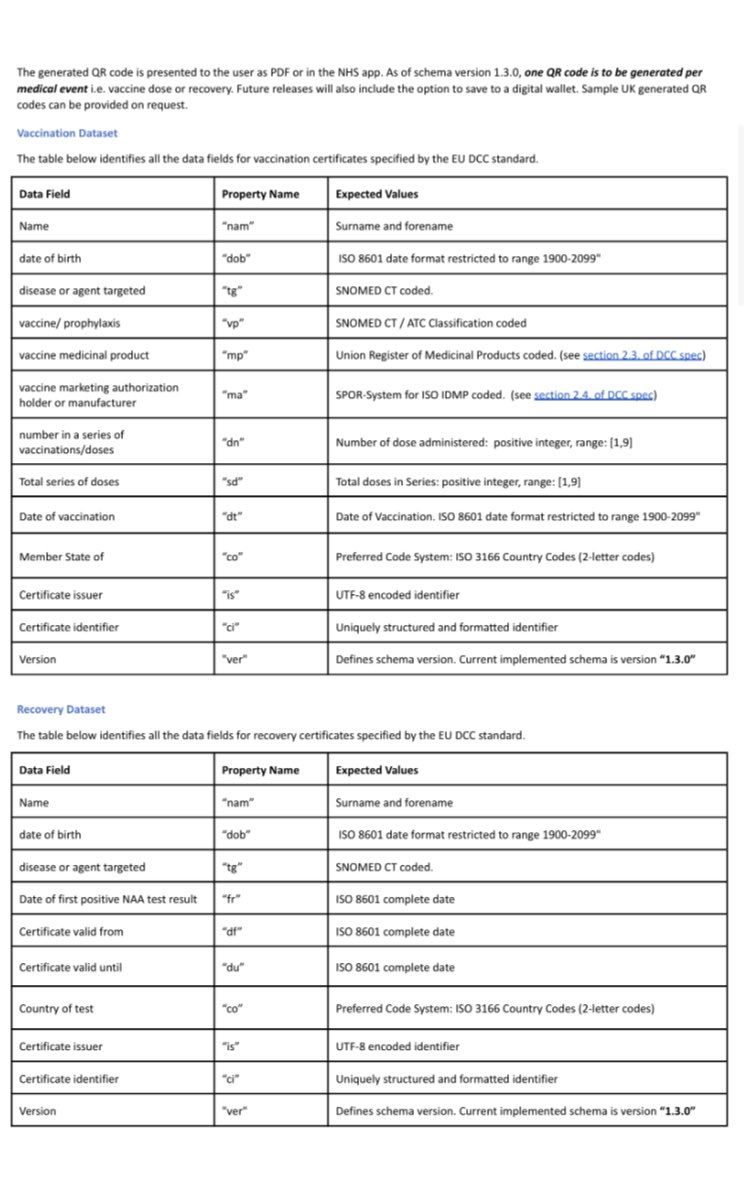
There’s multiple things to slice-and-dice here…
By default, a lot of CeFi (and as seen with @dYdX, some DeFi protocols) default to “traditional KYC” because, let’s be honest, the developer experience to integrate a check from Onfido etc is far easier and well understood.
By default, a lot of CeFi (and as seen with @dYdX, some DeFi protocols) default to “traditional KYC” because, let’s be honest, the developer experience to integrate a check from Onfido etc is far easier and well understood.
https://twitter.com/fraser_again/status/1565637949722660864
However, the *user* experience of traditional “selfie-scan-check” KYC is universally bad.
Nobody wakes up and is excited about “Ahhhhh, today’s the day I’ll go through another KYC process 🌞”
Nobody wakes up and is excited about “Ahhhhh, today’s the day I’ll go through another KYC process 🌞”
And so almost inevitably, the DeFi space “hates KYC” because this is precisely the kind of broken process that they dislike from TradFi.
The sad thing is that KYC isn’t even very effective at preventing behaviour like money laundering etc (from @sytaylor sytaylor.substack.com/p/fintech-food…)
The sad thing is that KYC isn’t even very effective at preventing behaviour like money laundering etc (from @sytaylor sytaylor.substack.com/p/fintech-food…)

To me, the way KYC, liveness checks etc are set up really remind me of the “security theatre” of TSA checkpoints: they are an extremely onerous box-ticking exercise that are very expensive and ineffective at what they are supposed to be doing: theverge.com/c/23311333/tsa… 

Which brings me to “is there a better way”…
While “traditional KYC” arguably fails at being effective, what even DeFi projects like @dYdX need is a way to understand ✨ reputation ✨ of users.
Are they Sybil attacking the tokenomics? Are they pretending to be someone else?
While “traditional KYC” arguably fails at being effective, what even DeFi projects like @dYdX need is a way to understand ✨ reputation ✨ of users.
Are they Sybil attacking the tokenomics? Are they pretending to be someone else?
Even DeFi maximalists who don’t want to replicate traditional finance techniques will likely get on a Zoom call or otherwise to try and ascertain whether they are interacting with the right person/wallet before a high value transfer.
So, more relevant for DeFi could be “Am I transacting with the right person with THAT @BoredApeYC profile in their Twitter handle?” as a form of “KYC”, rather than traditional KYC.
Except…the only way people *think* they can solve this is by falling back to selfie-scan-check.
There are better, more privacy-preserving ways of doing what I described above. You could call it #Web5, or you could call it what we’re building @cheqd_io 🤓
There are better, more privacy-preserving ways of doing what I described above. You could call it #Web5, or you could call it what we’re building @cheqd_io 🤓
• • •
Missing some Tweet in this thread? You can try to
force a refresh











